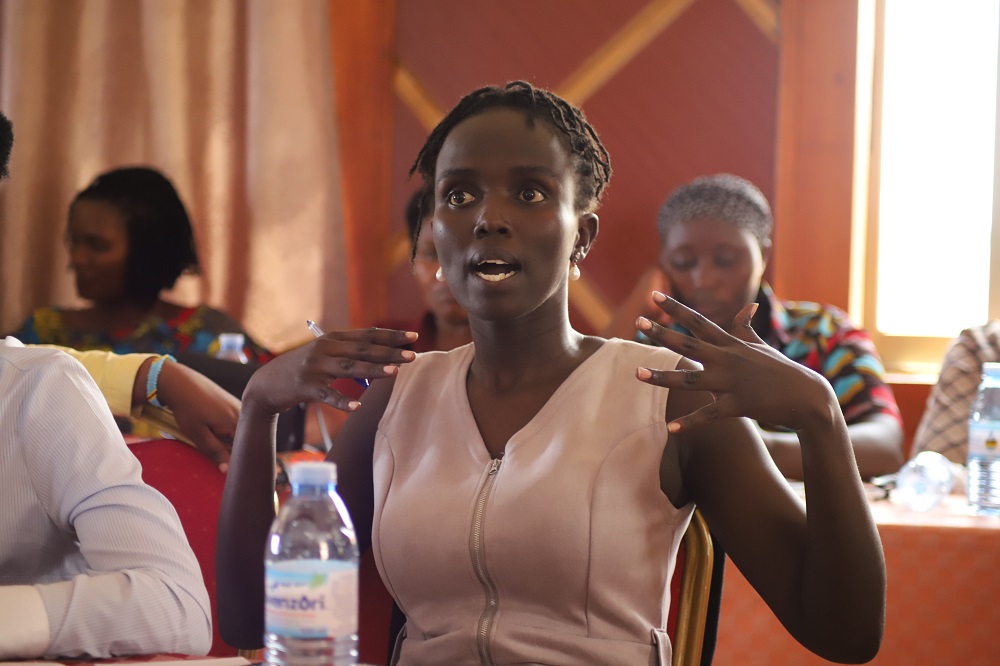Digital security is of serious concern, especially since people spend more time online than ever. COVID-19 pandemic led to isolation and social distancing measures which meant that everyday activities like work and schooling were shifted online. The presence in digital spaces increases exposure to digital threats, which in turn creates the need for greater awareness of how to safely navigate the online world. From 23rd to 25th March 2022, the Peace Centre organised a physical and digital protection training.
The training was aimed at equipping the young women with knowledge and skills on physical and digital protection so as to create a safe environment where they can thrive and fully engage in their work without the distraction and worry about physical/digital safety concerns.
Discussions were focused on creating a clear understanding of Digital Security and Safety; Technologies used in Digital Communications; Security Threats; Cyber Attacks and how to recover from the security attacks. Participants were also introduced to knowledge about computer applicability in society, information systems, internet and business, social media platforms, security control recommendations and how to protect one’s privacy during online communication.
In addition to mastering skills and knowledge on enhancing protection, the training also intended to strengthen the psychological wellbeing of the women human rights defenders to enable them to effectively work, implement and engage in activities. This was done by having sessions on reflective writing which encouraged participants to share and document some of the cases of GBV stories they were handling or had witnessed.
The reflective writing session presented an opportunity for women to reminisce on their experiences as refugee women leaders, recognize their achievements and document their milestones.
Wellness sessions were also incorporated into the training to introduce and encourage personal well-being practices among women leaders, and to sustain activism for the individual and the communities where they work. This session involved participants in goal setting and personal planning, building resilience for personal wellbeing and harnessing their creativity and innovation.
By the end of the training, participants learnt to;
- Use encryption while sending messages on emails.
- Regularly change passwords for use at least every six months (Online) and once a year (Offline, for example, to log into your laptop/computer).
- Avoid setting auto log or allowing your device to store your password.
- Stop procrastinating.
- Practice what they were taught.
- Celebrate achievements.
- Harness the power of teamwork and communication.



